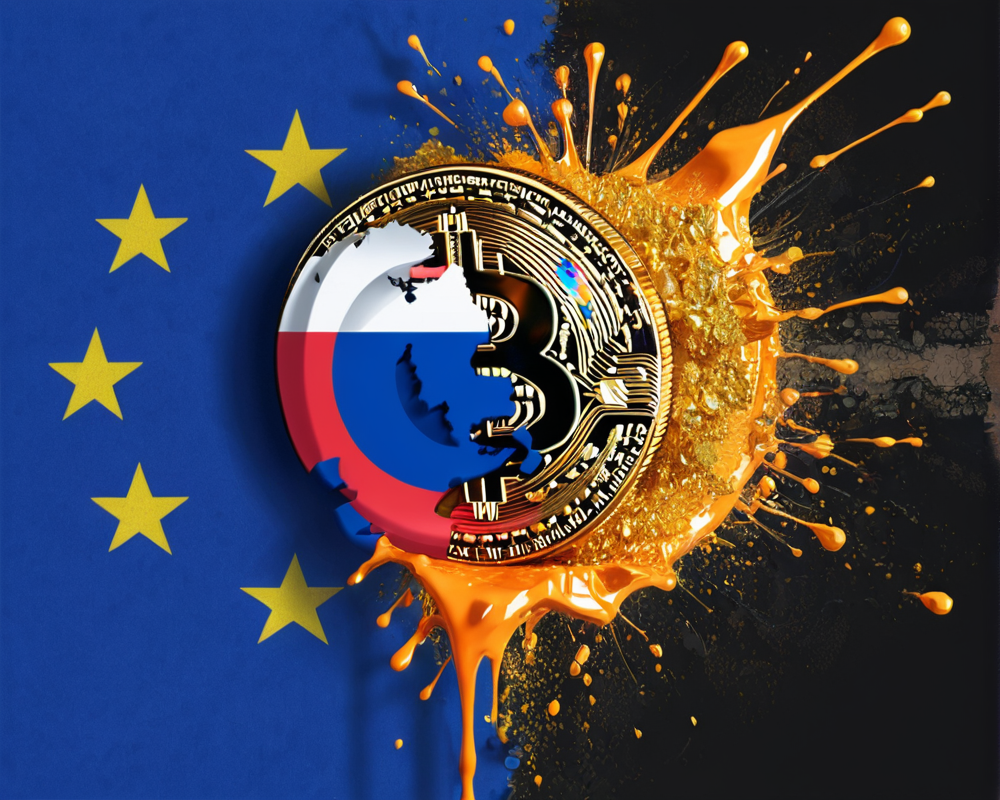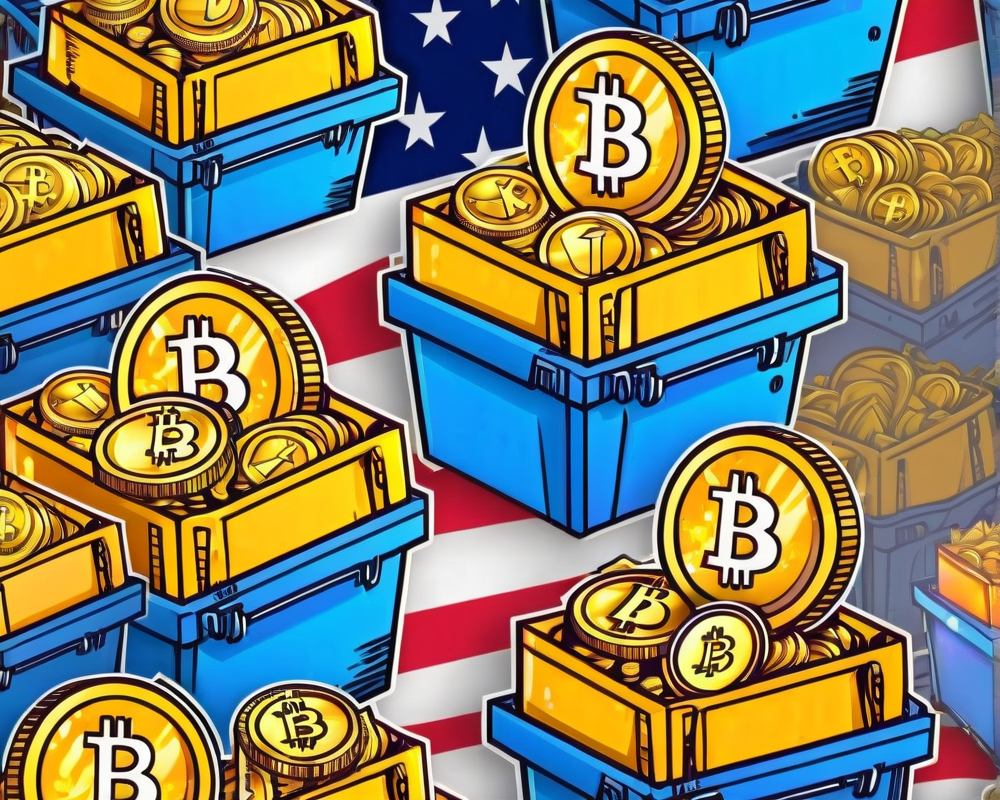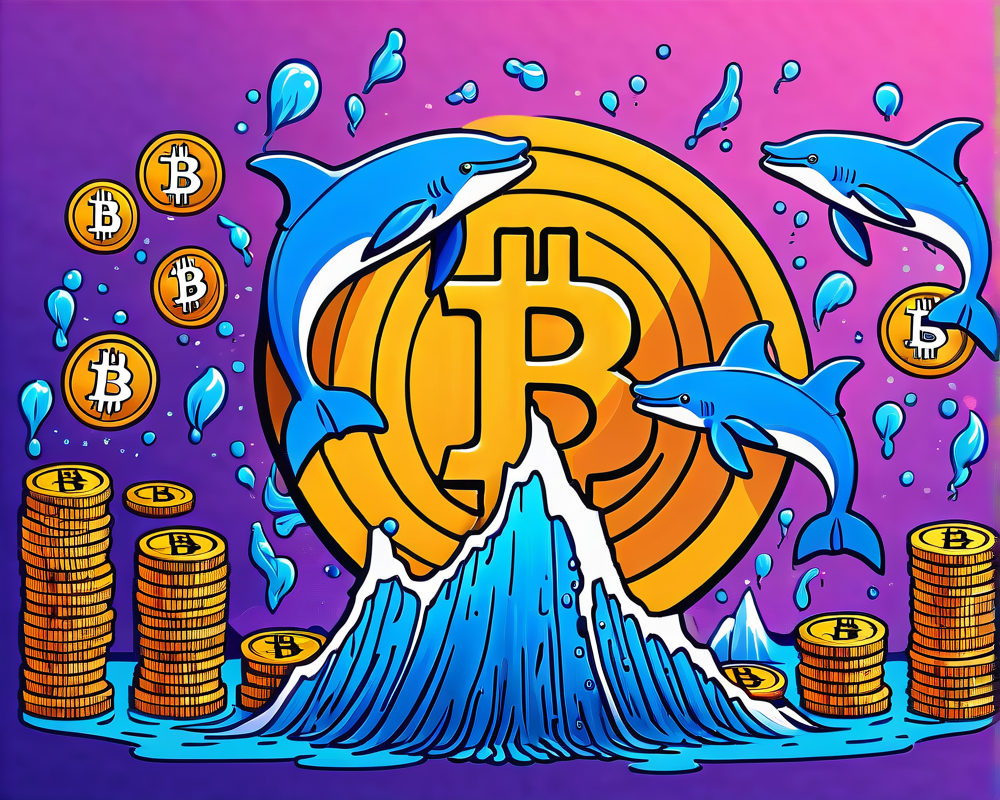EU Imposes Total Ban on Crypto Payments to Russia Amid Escalating Conflict
In a statement released on Oct. 6, the European Union (EU) announced another round of sanctions against Russia in response to the prolonged and recently intensified conflict in Ukraine. These new measures include a complete ban on cross-border crypto payments between Russian and EU entities.
The sanctions explicitly prohibit “all crypto-asset wallets, accounts, or custody services, irrespective of the amount of the wallet.” This marks a stark increase from the previous restrictions, which capped crypto payments from Russia to the EU at 10,000 euros (approximately $9,900).
The latest sanctions come as a direct response to Russia’s annexation of Ukrainian territory, which the EU has described as a “sham” referendum, alongside troop mobilization and threats of nuclear escalation. The EU’s aim is to “further deprive the Kremlin’s military and industrial complex of key components and technologies.”
Russia’s Crypto Regulations and Backlash
This significant move follows recent actions by Russian officials, who had approved the use of cryptocurrencies for cross-border payments. Initially, lawmakers outlined policies to facilitate such transactions while describing methods to acquire cryptocurrency and its potential uses.
Earlier, on Sept. 5, the Central Bank of Russia expressed support for legalizing crypto for cross-border transactions. Russia has also been exploring the use of a central bank digital currency (CBDC) with China, which is currently in a pilot phase, for transaction settlements. This comes on the heels of a law enacted back in 2020 that prohibited payments via digital assets.
Further Blockades from the U.S.
In addition to the EU’s latest sanctions, Russia faces ongoing financial pressure from the United States. On Sept. 15, the U.S. Treasury Department added 22 Russian individuals and two entities to its own sanctions list due to their involvement in neo-Nazi paramilitary activities.
This mounting pressure from global financial powers represents a continuing effort to combat actions taken by the Kremlin, as the world watches the unfolding situation in Ukraine.



